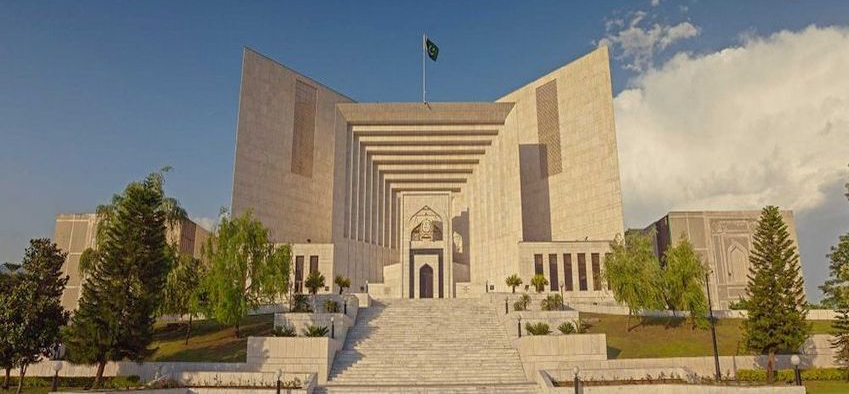The Public Sector Universities are directed to comply with the Laws Governing the Appointment of Key Academic and Administrative Positions --- Supreme Court of Pakistan
Islamabad 02-09-2024: In a significant ruling, the Supreme Court of Pakistan has directed public sector universities across the country to comply with their respective governing laws, particularly in the appointment of key academic and administrative positions. The judgment was delivered in response to a constitutional petition filed by the All Public Universities BPS Teachers Association (APUBTA) against the Federation of Pakistan, highlighting widespread non-compliance in university governance.
The case was heard by a three-judge bench comprising Mr. Chief Justice Qazi Faez Isa, Mr. Justice Naeem Akhtar Afghan, and Mr. Justice Aqeel Ahmed Abbasi. The bench emphasized the importance of filling key positions such as Vice-Chancellors, Pro Vice-Chancellors, Registrars, and Directors of Finance, which are currently lying vacant or are temporarily filled across various public sector universities.
The Court had earlier issued notices on May 15, 2024, requiring universities and relevant government officials to submit detailed reports on the status of these vacancies. The Court's scrutiny revealed alarming levels of non-compliance with statutory requirements. For instance, many universities, including the Hyderabad Institute for Technology and Management Sciences and the Kalam Bibi International Women Institute, were found to have multiple tenured positions vacant.
One of the most serious irregularities noted was at the National Fertilizers Corporation Institute of Engineering and Technology, where the Vice-Chancellor had allegedly occupied the position illegally for over a decade without undergoing the proper competitive recruitment process. The Court ordered an immediate explanation for such violations.
The judgment also highlighted the failure of universities to hold mandatory meetings of statutory bodies, such as the Senate and Syndicate, as required by their respective laws. The University of Karachi and other universities in Sindh were specifically mentioned for not holding the required number of meetings, thereby contravening their governing statutes.
The Supreme Court has directed the respondents, including Vice-Chancellors and Rectors, to submit detailed explanations within fourteen days, justifying their non-compliance with the law. The Court warned that continued non-compliance could result in appropriate legal actions, including recommendations for the removal of officials found responsible.
Furthermore, the judgment noted that the Higher Education Commission (HEC) has prescribed an ideal academic to non-academic staff ratio of 1:1.5, which nearly all universities have failed to meet. The Court emphasized that this imbalance is contributing to financial mismanagement and must be addressed.
This ruling by the Supreme Court reinforces the legal obligations of public sector universities and highlights the judiciary's role in ensuring that these institutions operate within the bounds of the law. The decision is expected to prompt significant changes in university governance, particularly in the regularization of appointments and adherence to statutory requirements.
The Supreme Court has scheduled the case for a follow-up hearing after the expiry of the notice period, during which further actions may be taken based on the compliance reports submitted by the universities and government officials.
Powered by Froala Editor








